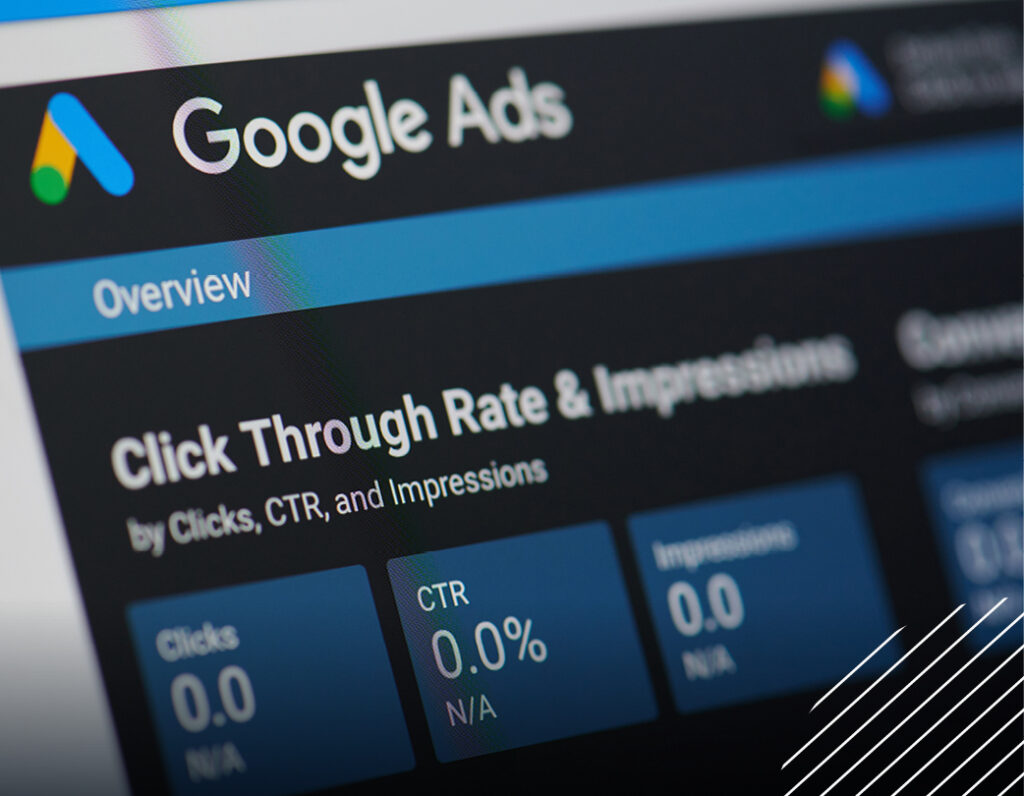LEARNING HUB:
ARTICLES
Why is PPC Important for your Business?

A beginner’s guide to PPC and why PPC matters to your business – both now and in the future.
The marketing world is full of buzzwords, jargon, and acronyms. One of those is PPC – an acronym which hides one of the most important strategies in any marketing campaign, and yet one which is often overlooked as an unnecessary marketing luxury.
The simple fact is that PPC, which stands for Pay Per Click, is an important part of your direct advertising strategy, which runs across different online touchpoints and platforms, and which charges your business for every click that the ad receives. In short, it allows businesses to showcase their ads in online areas with high traffic, with the cost per click denoted by the location of the ad and the online footfall of prospective customers who will see it.
What this means is that advertising spots on high traffic news sites are likely to garner huge fees for every click, while the less coveted advertising spots will likely be cheaper.
In this article, the Mitchell & Stones team are sharing insight into exactly how PPC works and why it is important for businesses – focussing on the benefits and how to integrate PPC into a broader marketing strategy.

What is PPC and how does it work across different platforms?
Picture a website, be it a news site or an online store. All of the banners that you see across the top and bottom of the page and down both sides are PPC opportunities, which businesses have bid on – with every click that takes a user through to their website or landing page costing them money.
Now picture your Instagram feed. For every scroll down the newsfeed or through your stories, you will likely come across a few ads which are targeted towards you and your online activity and behaviour. These ads are all part of PPC campaigns, enlisted by businesses to reach captive prospective buyers like you.
As you can see from these two examples, PPC is what enables a business to be seen in specific areas which enjoy high traffic, or which tend to engage and inspire a specific pool of buyers which are likely to be drawn towards the business ad or product. The big thing which makes PPC ads stand apart from other ads is the fact that the business pays for every click that the ad receives – with the cost per click varying based on location and traffic.
The benefits of PPC for businesses
Now that we understand a little more about PPC and how it works in different online settings, let’s consider the benefits and why it is so important for businesses.
It can be easy for businesses to take a step away from marketing tools like PPC, focussing all their energy on organic traffic rather than paid ads, and shying away from the idea of paying for website visitors. However, it is impossible to ignore the results that PPC ads can obtain – virtually overnight.
Launching a time sensitive ad campaign under a PPC strategy can help to ensure that your work culminates in efficient results, by not only ensuring that your ad is seen by more people but also by utilising the targeting function which depicts exactly what type of user will see your ad. A feature of PPC which we have only so far touched upon is the fact that PPC campaigns can be targeted by businesses with regards to the type of users that see those ads – enabling business marketers to finetune their ad audience using their core audience demographics, so as to minimise wasted output and ensure that only potential customer see and click on the ad.
This leads us onto another benefit of PPC marketing for businesses: the fact that PPC ad results provide businesses with data which can help them to further dissect their target audience and really get to know where their customers spend time online and how they behave. When you know who you are targeting with specific products and services, and you can recognise which customers are most engaged, then you can frame future campaigns and product launches to suit those individuals.
Other benefits which businesses that use PPC effectively tend to report include:
- A more thorough and comprehensive understanding of how their marketing budget is being spent, allowing for more productive budgeting plans in the future.
- A more consistent ROI.
- An improvement in terms of SEO, as PPC campaign creation also relies on using keywords and other factors.
- Higher conversion
Finally, PPC is easy to integrate into your marketing plan quickly – with teams like ours here to help.
If PPC is something that you’re keen to learn more about and action as part of your marketing strategy going forward, then the Mitchell & Stones team are here to help. Get in touch with us to learn more about this and other services that we can offer.


